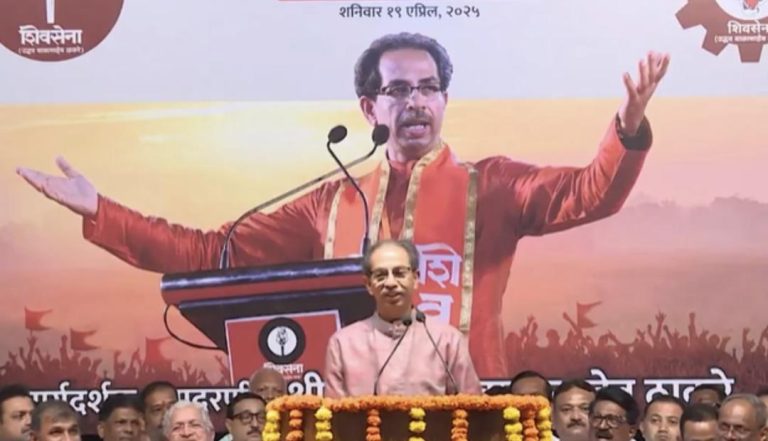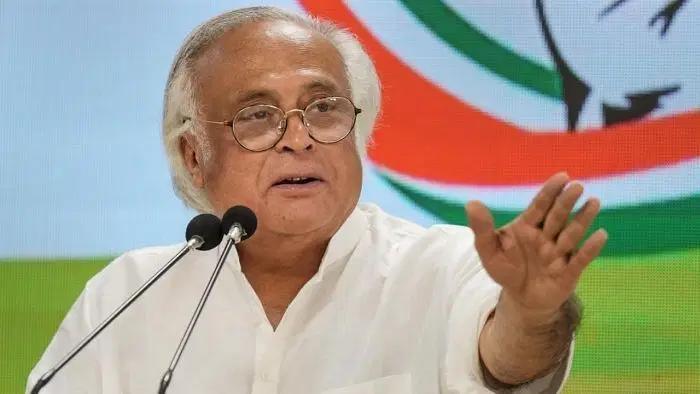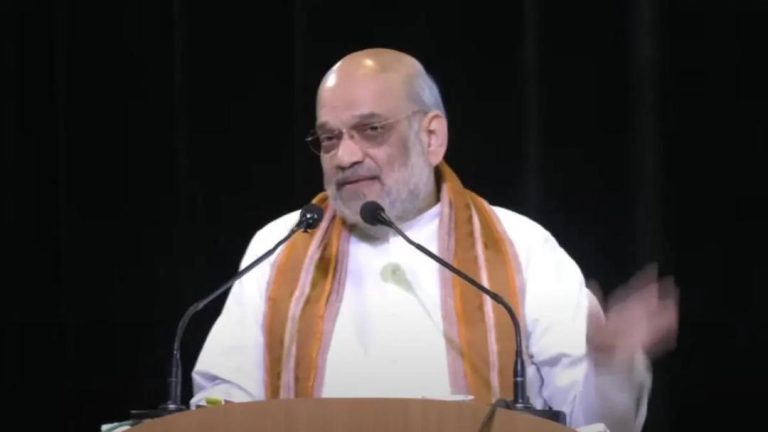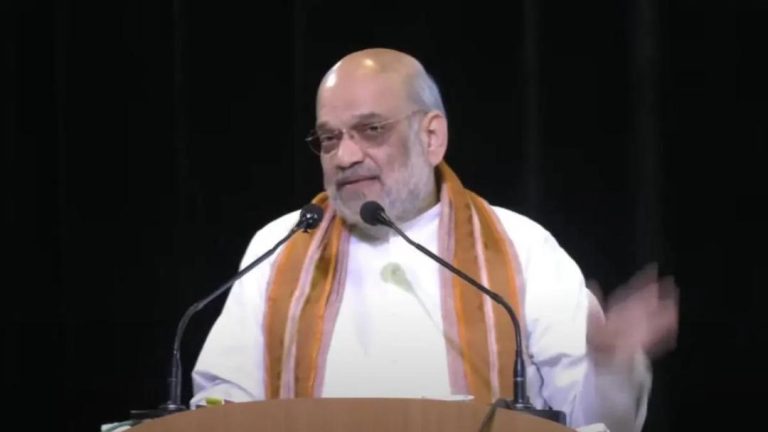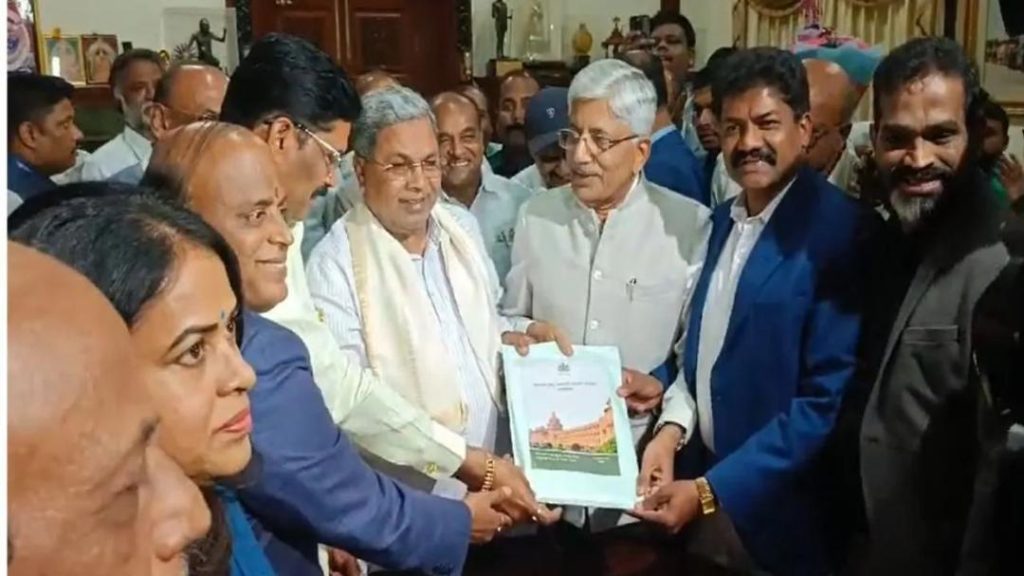
Karnataka Caste Census Recommends 51% Reservation for OBCs
In a significant development, the Karnataka government has accepted the caste census report, which recommends a whopping 51% reservation for Other Backward Classes (OBCs) in the state. If the recommendations are implemented, the total percentage of reservations in the state will become a staggering 85%. The report, which was released recently, states that OBCs constitute a massive 70% (4,16,30,153) of the total population in the state.
The caste census was conducted by the Karnataka government in 2015-2016, and the report was submitted to the government last year. The report has been widely hailed as a landmark decision, as it recognizes the significant contribution of OBCs to the state’s economy and society.
The report’s recommendations have far-reaching implications for the state’s education and employment sectors. Currently, the state has a reservation policy that caters to Scheduled Castes (SCs), Scheduled Tribes (STs), and OBCs. However, the OBCs have been demanding a greater share of reservations for several years.
The 51% reservation for OBCs is seen as a major victory for the community, which has been historically marginalized and excluded from mainstream society. The community has been demanding greater representation in government jobs, educational institutions, and other areas of public life.
The report’s findings are based on data collected from a sample of 1.7 million households across the state. The data shows that OBCs make up a significant proportion of the state’s population, and that they are concentrated in rural areas. The report also highlights the significant economic and social disparities faced by OBCs, including low levels of education and employment.
The government’s decision to accept the report’s recommendations is seen as a major step towards addressing these disparities. The government has promised to implement the recommendations, which will involve a significant overhaul of the state’s reservation policy.
The implementation of the recommendations will also require significant changes to the state’s education and employment sectors. The government will need to create more opportunities for OBCs in these sectors, which will involve increasing the number of seats available in educational institutions and government jobs.
The government’s decision to accept the report’s recommendations has been welcomed by OBC leaders and activists, who have been demanding greater representation for the community. “This is a historic decision that recognizes the significant contribution of OBCs to the state’s economy and society,” said a leading OBC leader. “We have been demanding greater representation for years, and we are thrilled that the government has finally accepted our demands.”
However, not everyone is happy with the government’s decision. Some critics have argued that the 51% reservation for OBCs will lead to further marginalization of SCs and STs, who have historically been the most disadvantaged communities in the state. Others have argued that the government’s decision will lead to a backlash from other communities, who may feel that they are being unfairly disadvantaged.
Despite these concerns, the government’s decision to accept the report’s recommendations is seen as a major step forward for OBCs. The community has long been marginalized and excluded from mainstream society, and this decision recognizes their significant contribution to the state’s economy and society.
In conclusion, the Karnataka government’s decision to accept the caste census report’s recommendations is a significant step forward for OBCs in the state. The 51% reservation for OBCs is seen as a major victory for the community, which has been historically marginalized and excluded from mainstream society. The government’s decision recognizes the significant contribution of OBCs to the state’s economy and society, and it is a major step towards addressing the significant economic and social disparities faced by the community.
